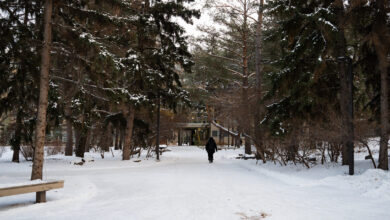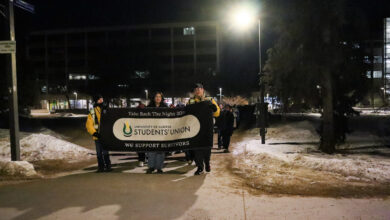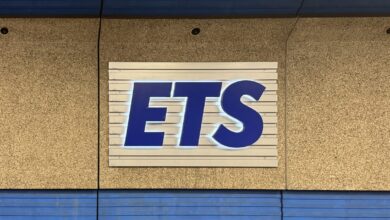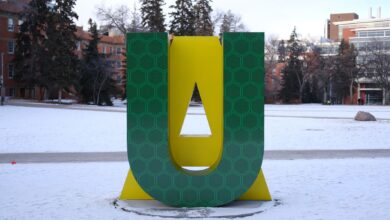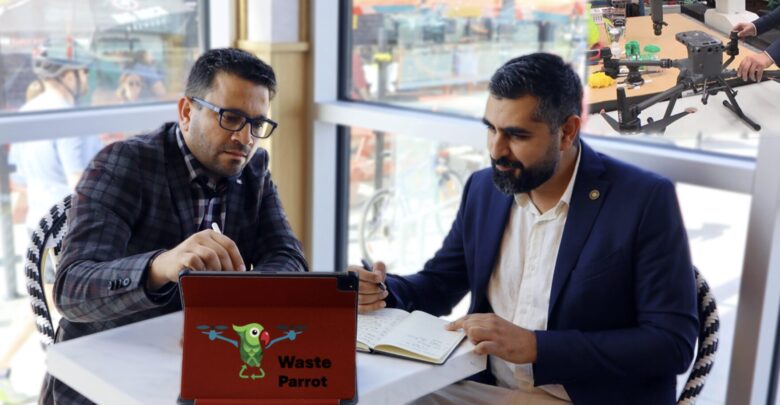 Fernanda Campana Omori
Fernanda Campana OmoriU of A associate professor, Rafiq Ahmad, from the department of mechanical engineering, has developed a spinoff company called Waste Parrot. The Edmonton-based firm is set to compete in NASA‘s global $3 million LunaRecycle Challenge with a new waste reduction system.
The company entered the second phase of the competition in August 2025. After being identified as one of the top 17 projects in the world and competing against more than 1,200 applicants, Waste Parrot is the only Canadian company set to represent the country in the competition.
“We’re happy that we’re the one and only Canadian company selected among the 17 winners in the phase one. No matter what the outcomes are for the phase two, we are equally proud … [to have] accepted this challenge,” Ahmad said.
According to Ahmad, companies will submit the new designs by February 2026. The competition will end in August 2026, after the demonstration of the new prototypes.
The technology selected by NASA will be used in the upcoming Artemis II space mission to the moon occurring next year.
The Waste Parrot project seeks to improve waste disposal and sustainability on the moon
The project was created to investigate “the sustainability on the Earth and on the moon. By identifying different technologies and developing different tools … [this] can actually help mitigate climate change,” Ahmad said.
According to Ahmad, an astronaut can generate 125 kilograms of waste per month which can be recycled. The project is to designed to find a different waste stream that is more sustainable to the earth and the moon.
Additionally, when an astronaut brings one kilogram of waste from space it costs around $75,000. Creating a more reliable form of waste disposal will “generate lots of economy, which will also help on the Earth,” Ahmad said.
According to Ahmad, the company will continue to work on the project even “if [they] don’t [land on the] moon.”
“So we will be looking into also developing [this] technology on Earth. We will be applying [this] on the [environment] and seeing how we can actually recycle things better,” Ahmed added.

